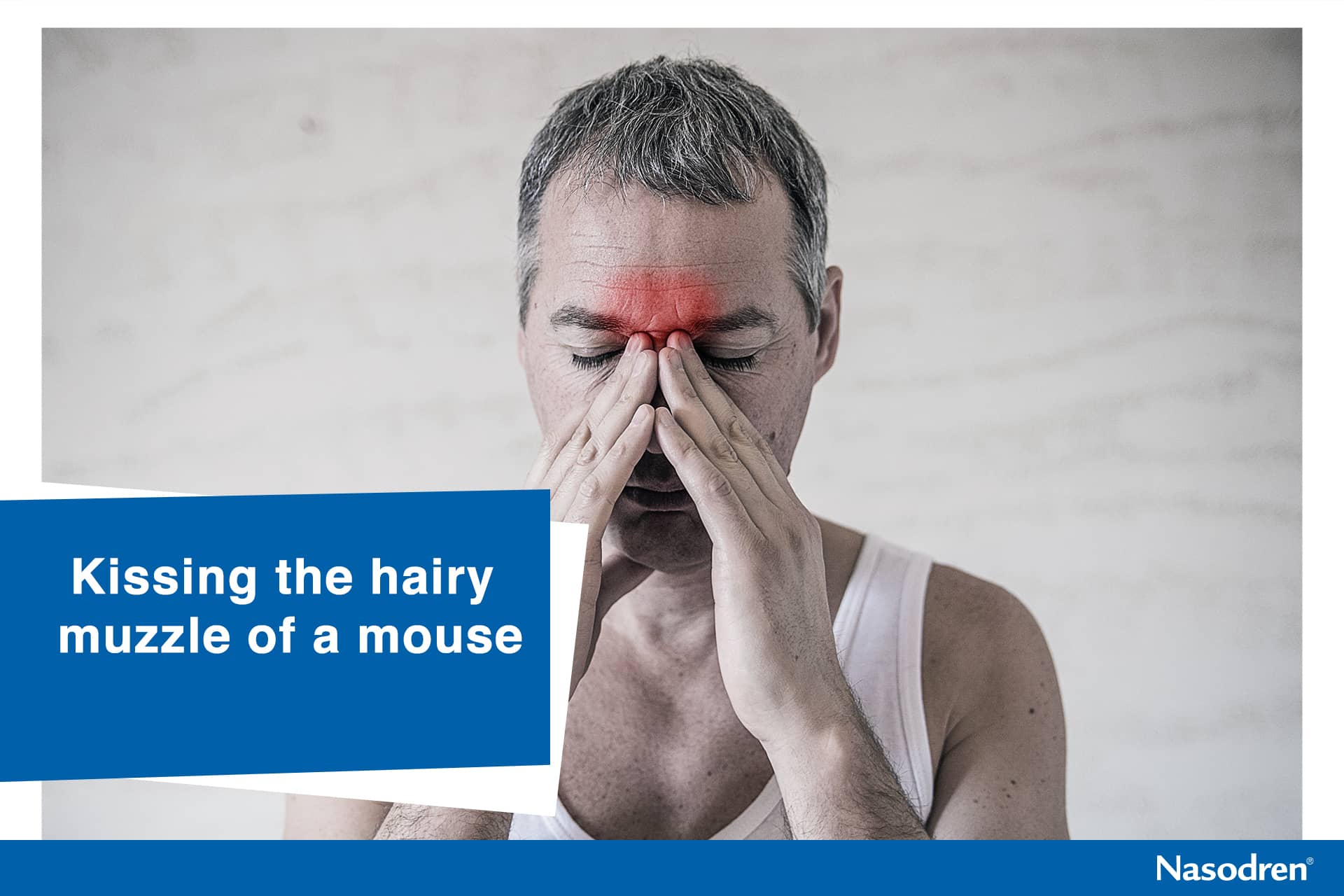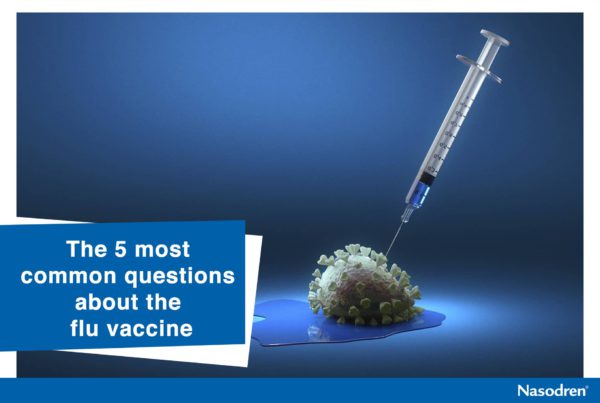There is no better treatment for common cold than kissing the hairy muzzle of a mouse, said Plini the Younger (61 AD). But if there are no mice to hand, you may prefer Hippocrates’ method: a “curative” bleeding.
Beyond these odd (and worthless) remedies, the truth is that 2,000 years later there is still no cure for common cold, despite being a very frequent condition – it is estimated that adults suffer at least two episodes a year.
Lack of a cure for common cold lies in the fact that there are many strains of viruses that can cause it. For instance, the rhinovirus alone, which is responsible for about 40% of common colds, has approximately 100 different strains. Contrary to popular belief, since the common cold is a virus, antibiotics will not help.
The most frequent and well-known common cold symptoms are: sore throat, stuffy nose, sneezing, headache, mucus build-up and cough. These symptoms normally last about 7 days.
Complication: What happens when the cold lasts longer than expected?
In most cases, symptoms are done away with in about a week. However, in approximately 2% of common cold cases, symptoms persist after 10 days and then it is called acute sinusitis. When symptoms last for more than 12 weeks, it is called chronic sinusitis.
The main function of sinuses is to produce mucus, which moisturizes the inside of the nose, protecting it from pollutants, microorganisms, dust and dirt. There are tiny hair cells called cilia that move this layer of mucus slowly backward into the throat, where it is swallowed.
When this sequence is broken, the mucus starts to accumulate, producing an inflammation of the nose and paranasal sinuses. This is what we call sinusitis. Its most characteristic symptoms are:
- Nasal obstruction
- Nasal discharge
- Facial pain / pressure
- Reduction or loss of smell
Self-diagnose sinusitis: use your finger
When you have a “long common cold” tap your cheek and the upper part of the nose (between the eyebrows) with your finger. If it hurts, you probably have sinusitis.
Although sinusitis is not a life-threatening condition, sinusitis patients have very poor quality of life (pain and nasal breathing problems for weeks) and obviously need treatment to relieve symptoms, accelerate remission and avoid complications.
Now, if after reading this you think you have sinusitis and have no intention of sniffing a mouse or inducing bleeding, you may want to try Nasodren®!
Did you know about the odd treatments we mentioned? Do you know of other mystery remedies for colds and sinusitis?
Leave us a comment below!







